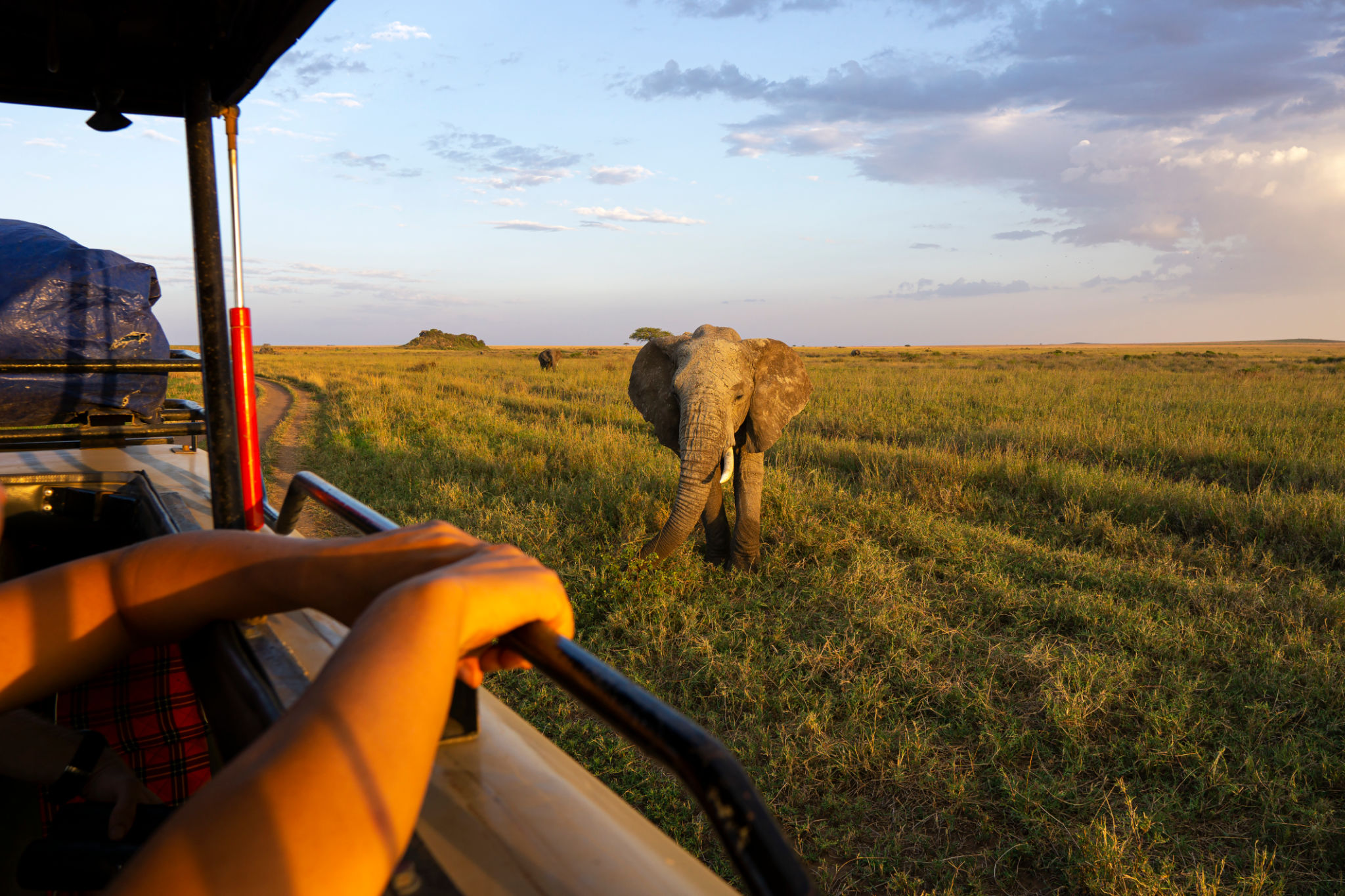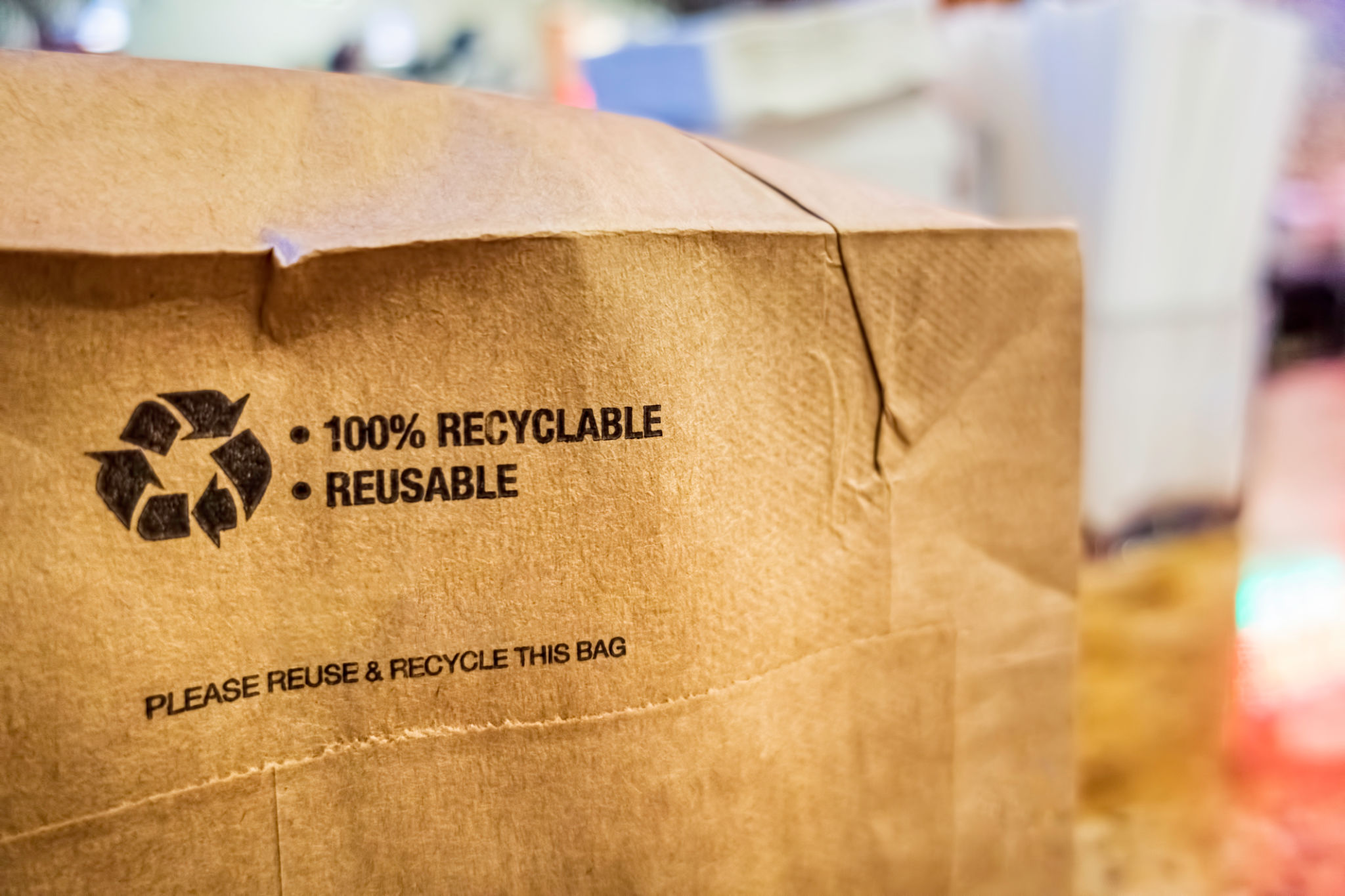How to Prepare for an Eco-Friendly Safari in Tanzania: Essential Tips and Checklist
Planning Your Eco-Friendly Safari Adventure
Embarking on an eco-friendly safari in Tanzania is an incredible way to experience the rich biodiversity and stunning landscapes while minimizing your environmental impact. By prioritizing sustainability, you can enjoy the beauty of the Serengeti, Ngorongoro Crater, and other breathtaking locales responsibly. Here's a guide to help you prepare for a memorable and eco-conscious safari adventure.

Choosing a Sustainable Safari Operator
Selecting a tour operator committed to sustainable practices is crucial for an eco-friendly safari. Look for companies that emphasize wildlife conservation, support local communities, and reduce their carbon footprint. It's beneficial to research operators that are certified by reputable organizations such as the Global Sustainable Tourism Council (GSTC) or have partnerships with conservation groups.
Questions to Ask Your Tour Operator
Before booking, consider asking potential operators about their sustainability initiatives. Some important questions include:
- How do you support local conservation efforts?
- What measures do you take to reduce environmental impact?
- How do you engage with and benefit local communities?
Packing for an Eco-Friendly Safari
Packing thoughtfully is essential for an eco-friendly safari. Focus on minimizing waste and being prepared for the unique conditions of Tanzania's wilderness. Here are some items to include in your packing list:

Essential Eco-Friendly Items
Consider packing the following essentials:
- Reusable water bottles: Stay hydrated and reduce plastic waste.
- Biodegradable toiletries: Opt for products that won't harm the environment.
- Eco-friendly clothing: Choose clothing made from sustainable materials and suitable for the safari climate.
- Solar-powered chargers: Keep your devices powered without relying on electricity.
Respecting Wildlife and Nature
The core of an eco-friendly safari is respecting the wildlife and natural habitats you encounter. Always maintain a safe distance from animals and follow your guide's instructions to ensure both your safety and the well-being of the wildlife. Remember, your actions can have lasting impacts on these delicate ecosystems.

Guidelines for Responsible Wildlife Viewing
To enhance your safari experience while minimizing disruption to wildlife, follow these guidelines:
- Avoid loud noises and sudden movements.
- Do not feed or touch animals.
- Stay on designated paths to prevent habitat damage.
Supporting Local Communities
An eco-friendly safari also involves contributing positively to local communities. Engage with local guides, artisans, and businesses to help stimulate the economy. Purchasing locally-made souvenirs and participating in cultural experiences can provide meaningful support to the communities you visit.
Respecting Local Cultures
Understanding and respecting local customs is vital. Be open-minded, ask questions, and learn from the people you meet. This cultural exchange not only enriches your travel experience but also fosters mutual respect and understanding.
By preparing thoughtfully and prioritizing sustainability, your Tanzanian safari can be an enriching adventure that contributes positively to the environment and local communities. Enjoy the journey, knowing you're making a difference.